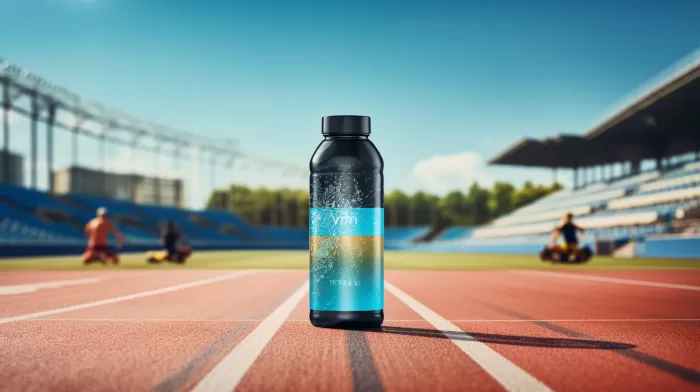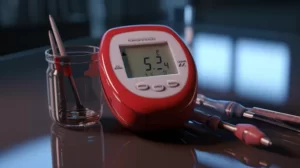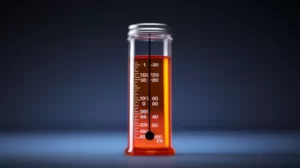For many years, I’ve made a point of enjoying a good run in all sorts of weather conditions. Heat, cold, rain or snow, I’ve always laced up my running shoes and hit the pavement. Since I live in an area where the heat can be unbearable in the summer months, I try my best to pay close attention to the signals my body sends me during these sweltering workouts.
Unfortunately, many fitness enthusiasts fail to tune into their body’s cues. In fact, research at Loyola University Medical Center reveals that neglecting these important signals can be downright fatal. In one case, for example, excessive hydration was the culprit.
Hydration Gone Wrong
When the summer sun starts to beat down, many athletes over-focus on hydration. We are often told we need to dramatically increase our water intake to combat the heat. However, the dangers of drinking excessively – even water or sports drinks – can be extreme. Loyola University Medical Center documented 14 cases where hyponatremia, a condition caused by consuming too much water or sports drinks, led to the deaths of runners, football players and other athletes.
These scientists emphasize that it’s important to drink only when you feel thirsty, regardless of the temperature outside. Relying on your innate thirst mechanism should prevent over-drinking while also allowing enough fluid for hydration.
The Dangers of Over-Drinking
Drinking too much water while you are physically active can overwhelm your kidneys, which might become unable to filter excess water from your blood. This overload can then dilute the body’s supply of sodium, causing your cells to swell. And that’s a condition that can be deadly.
Still, exercisers are often encouraged to push a massive amount of fluids to counteract heat stroke, fatigue, or muscle cramps, regardless of their thirst. So it’s essential to remember that over-hydrating won’t prevent those conditions and can even be dangerous.
Researcher James Winger clarifies that “muscle cramps and heatstroke are not related to dehydration.” He explains that heat stroke is actually caused by the body producing too much heat.
Additionally, Winger notes that slight dehydration during exercise is not hazardous. In fact, you can comfortably lose up to about 3 percent of your body weight during a workout without risking your performance.
Balanced Hydration
When I feel thirsty during my run, I always have a water bottle on hand. I personally prefer filling it with coconut water, which also provides the potassium many Americans don’t get enough of in their diet. However, it’s just as essential to listen to your body and to understand when enough is enough.
Remember, your body usually knows best when it comes to hydration needs while engaging in physical activity. Stay attuned to your thirst and drink accordingly. By doing so, you can strike the right balance between keeping your body hydrated and preventing the potentially harmful consequences of over-drinking.



